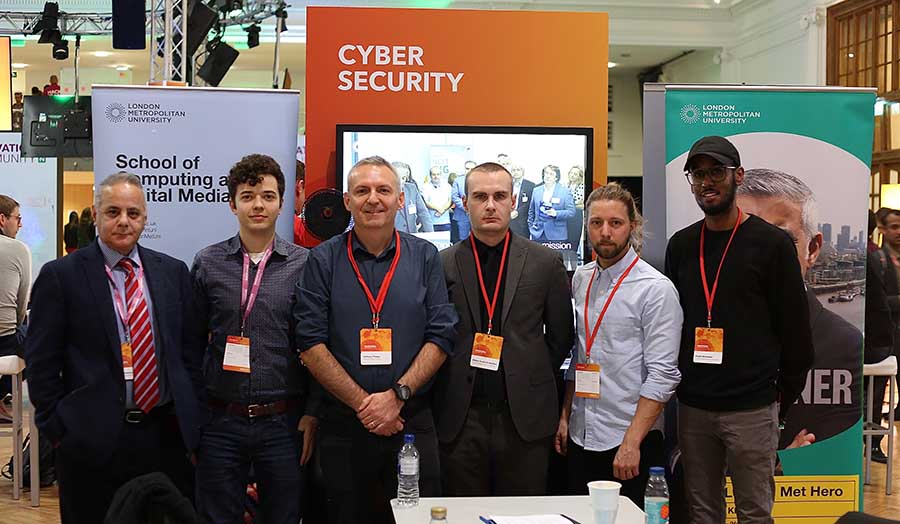

The goal of the Professional Environments module is to prepare students for professional practice firstly by ensuring they acquire suitable employability assets and secondly by equipping them with an understanding of the role of a professional in society and the role of professional bodies.

The intent is to build students' confidence as they learn to program, and provide a foundation that can be built on so that in later years they can go beyond simple solutions to problems and be ready to engage in full-fledged application development.

Students are encouraged to engage with, develop and experiment with programs in a constructivist fashion inspired by bricolage (Stiller, 2009 Stiller, 2017). As befits a practical discipline like programming, a hands-on approach is used that facilitates self-paced and self-directed learning. Teaching and learning is split between a variety of different units to ensure the module is flexible enough to accommodate each cohort and student's needs. The module seeks to introduce a foundation for programming that can be built on in subsequent years and that accommodates specialist practice within computing eg games, software engineering, media, UX etc. Previous experience of programming is not assumed. This module is taken by all first year undergraduate students undertaking a degree in the computing subject area. Please note: this course was previously called Cyber Security & Computer Forensics BSc (Hons).

Practical studies include ethical hacking (such as password cracking, vulnerability scanning, social engineering and system exploits) and Security Operations Centre (SOC) functions, such as threat intelligence, threat hunting, SIEMs and incident response.Īll of our undergraduate computing and information system courses are ranked No.2 in London and No.18 in the UK (Guardian league table 2021). Project themes include security and vulnerability analysis, mobile app security and cyber intelligence analysis. Through research and development projects you'll be able to showcase your knowledge and skills to employers. You'll examine encryption algorithms, public-key cryptography, network security, endpoint security and digital forensics. You'll develop web technology programming skills and study specialised tools and operating system environments. On this course, you'll study how computers can be used to prevent and solve crime. Have you considered a career at the cutting-edge of the fight against cyber crime? There is an increasing demand for skilled cyber security professionals with expertise that this course offers.


 0 kommentar(er)
0 kommentar(er)
